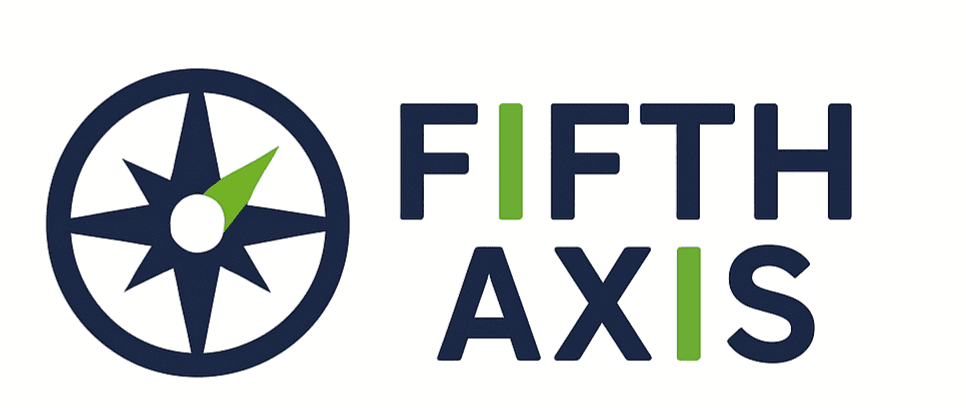Navigating the Market Analysis Maze: A Consultant's Perspective
Understanding Market Analysis
Market analysis is a crucial component of any business strategy. It involves assessing market conditions to understand potential opportunities and threats. For consultants, navigating this complex maze requires a keen understanding of various elements that influence the market. It is not just about gathering data, but also interpreting it to make informed decisions.

The process typically includes evaluating industry trends, competitor analysis, and consumer behavior. Each of these components provides valuable insights that can guide businesses in shaping their strategies. However, the challenge lies in sifting through vast amounts of data to find relevant information that can drive actionable insights.
The Role of Data in Market Analysis
Data is the backbone of market analysis. It offers a factual basis for identifying trends and patterns. Consultants leverage different types of data, including quantitative data like sales numbers and qualitative data such as customer feedback. The ability to analyze and synthesize this data is what sets successful consultants apart.
Moreover, with the advent of advanced technologies, the scope of data has expanded significantly. Tools like big data analytics, artificial intelligence, and machine learning have revolutionized how consultants approach market analysis. These technologies help in processing large datasets efficiently and uncovering hidden insights that were previously inaccessible.

Challenges in Market Analysis
Despite technological advancements, market analysis is not without its challenges. One major hurdle is ensuring data accuracy and reliability. With the influx of information from various sources, maintaining data integrity becomes increasingly difficult. Consultants must be meticulous in verifying sources and cross-checking facts to ensure accuracy.
Additionally, understanding the dynamic nature of markets is crucial. Markets are influenced by numerous factors, including economic changes, technological advancements, and socio-political developments. Staying updated with these changes requires continuous learning and adaptation.
Tools and Techniques for Effective Analysis
Consultants have a plethora of tools at their disposal to aid in market analysis. From SWOT analysis to PESTEL analysis, each tool offers unique insights into different facets of the market. Selecting the right tool depends on the specific needs of the business and the nature of the market.

Besides traditional methods, digital tools such as Google Analytics, Tableau, and SEMrush provide robust platforms for analyzing market data. These tools offer comprehensive dashboards that allow consultants to visualize data effectively and make informed decisions quickly.
Leveraging Insights for Strategy Development
The ultimate goal of market analysis is to develop strategies that align with business objectives. Insights gained from the analysis help businesses identify growth opportunities, mitigate risks, and improve overall performance. For consultants, translating these insights into actionable strategies is a critical skill.
A successful strategy not only focuses on immediate gains but also considers long-term sustainability. By understanding consumer needs and anticipating market shifts, consultants can guide businesses in developing strategies that are both innovative and resilient.
